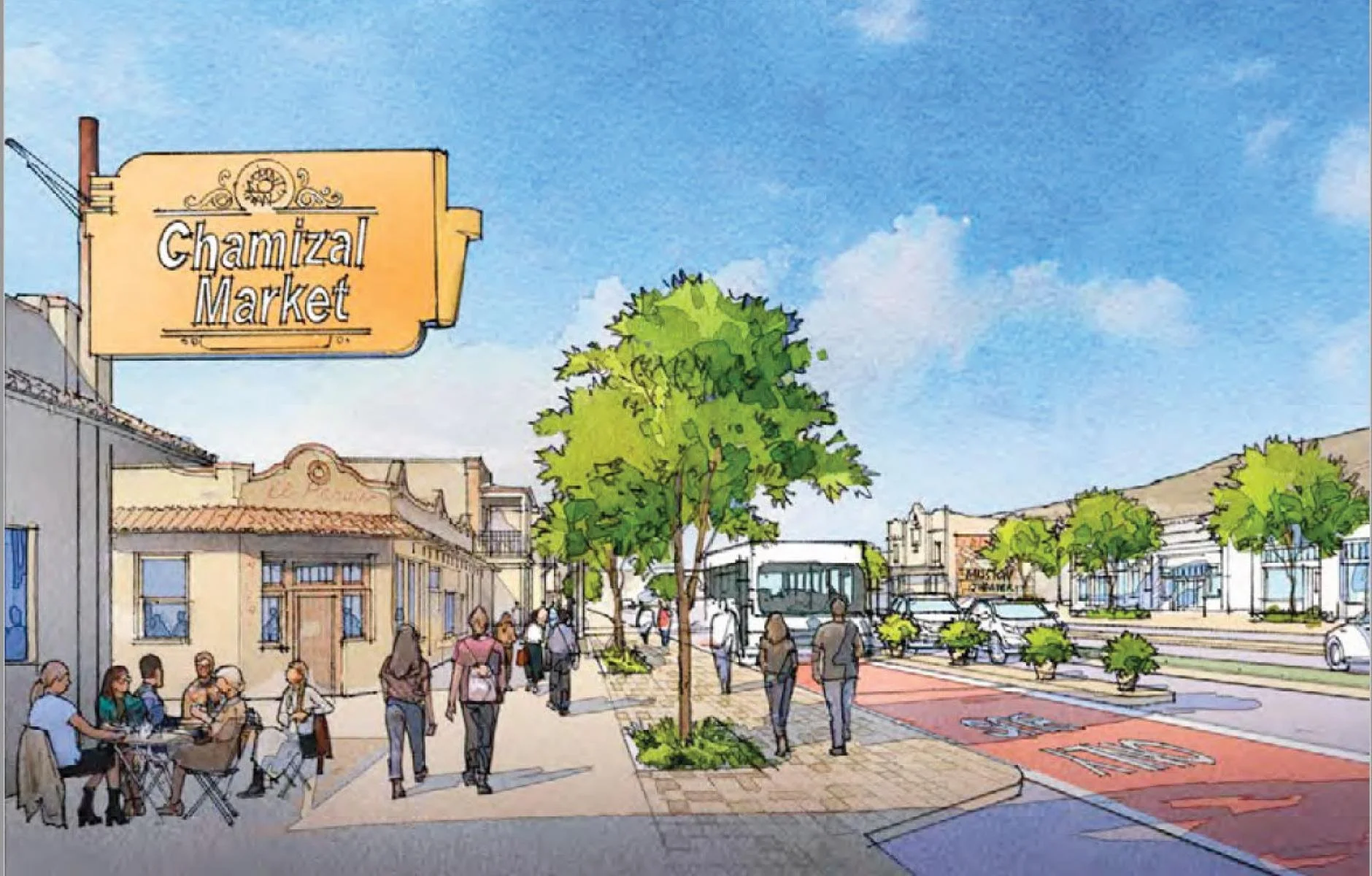A Stroad Called "Wonderland"
There’s a scene midway through Lewis Carroll’s Alice in Wonderland in which Alice meets a Cheshire Cat sitting on a tree branch. Alice, who has just left the Duchess’s house and rescued the Pig Baby, says to the Cat, “Would you tell me, please, which way I ought to go from here?”
“That depends a good deal on where you want to get to,” said the Cat.
“I don’t much care where—” said Alice.
“Then it doesn’t matter which way you go,” said the Cat.
“ —so long as I get somewhere,” Alice added as an explanation.
This classic conversation came to mind when I watched the most recent video from the popular YouTube channel Not Just Bikes. In that video, Jason Slaughter, the creator of Not Just Bikes, tells the story of Wonderland Road, a five-lane stroad in Slaughter’s hometown of London, Ontario.
A few years ago, a project was proposed to widen eight kilometers of Wonderland, adding two additional lanes. At $212 million, it would have been the biggest infrastructure project in the city’s history; it would also saddle the city budget with maintenance and replacement costs in perpetuity. On top of everything, thanks to the well-known phenomenon of induced demand—traffic, like nature, abhors a vacuum—the project wouldn’t even have much of an impact.
Slaughter summarizes the absurdity of the project this way: “So the largest infrastructure project in the city’s history would result in over a decade of construction, followed by a year or two of improved traffic flow, and then the city will be in exactly the same situation as before...but with an even bigger maintenance liability and a lower quality of life for just about everyone, especially those who aren’t in a car.”
So far, this is a familiar story. The suburban development pattern generates projects like this all the time. In fact, the Suburban Experiment, predicated on the fallacies of endless growth, requires these kinds of projects. Cities caught in this trap might even feel a little like Alice talking to the Cheshire Cat: “We don’t know where we want to go...so long as we go somewhere.”
But then the tale of Wonderland Road took an unexpected turn, one that might make you think we’ve gone through the looking glass: last month, the London city council suspended the road-widening project, citing its negative impact on the streetscape and connectivity, its environmental impacts, and a return to congestion thanks to induced demand.
Does this mark a turning point for London, Ontario? Time will tell. But the more cities reject the dead-end approach of the Suburban Experiment, the less impossible it will seem to have an entire North American continent of towns growing more prosperous and resilient. Stronger and stronger.
Go deeper on the newest video from Not Just Bikes:




Take a trip with our Community Builder, John Pattison, as he discovers why the design of Scottish roads makes them safe—and downright pleasant—to drive on, even for a foreigner!